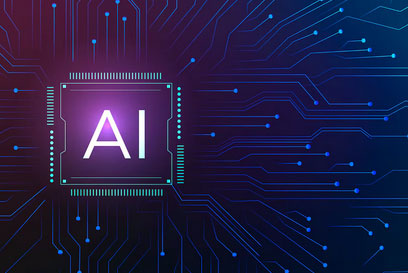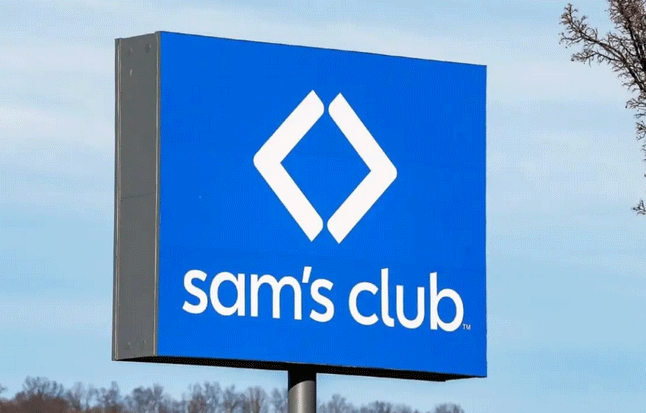Jobs at Risk of Being Replaced by AI for Gen Z
Artificial intelligence is transforming the workforce, and certain jobs are more susceptible to automation than others. According to recent studies, roles that involve repetitive tasks, data-heavy decision-making, and low levels of human interaction or emotional intelligence are more likely to be replaced by AI.
High-Risk Jobs
- Telemarketers: With a predicted decline of 18.2% by 2032, telemarketing jobs are expected to be heavily automated. AI-powered systems can already handle customer service and sales pitches, making human telemarketers less necessary.
- Bookkeeping Clerks: Automated accounting software like QuickBooks and Xero can categorize expenses, reconcile accounts, and generate reports with minimal human oversight. This role is expected to decline by 4.5% by 2032.
- Market Research Analysts: AI can compile and analyze large datasets, making it easier for businesses to make informed decisions. While human analysts will still be needed, AI will likely augment this role.
- Customer Service Representatives: Chatbots and virtual assistants are increasingly being used to handle customer inquiries and provide support. This role is expected to see significant changes in the coming years.
- Data Scientists: AI can process and analyze vast amounts of data, potentially replacing some tasks performed by data scientists.
Jobs That Are Safe from AI
While AI will certainly disrupt many industries, some jobs are safer than others. Roles that require human empathy, creativity, and complex problem-solving are less likely to be automated.
Safe Jobs
- Human Resource Managers: HR managers need to possess high emotional intelligence, contextual understanding, and unique business knowledge, making them less susceptible to automation.
- Software Developers: While AI can assist with coding, human developers are still necessary to design, test, and implement software solutions.
- Editors: Human editors bring a level of nuance and judgment to content review that AI systems currently can’t match.
- Graphic Designers: Graphic design requires creativity and originality, making it a field that’s less likely to be heavily automated.
- Healthcare Professionals: Roles like nursing assistants, surgeons, and preventive medicine physicians require human empathy, physical presence, and complex decision-making, making them safer from AI disruption.
- Construction and Heavy Labor: Jobs in construction, extraction, and heavy labor require physical presence and manual skill, making them less susceptible to automation.
- Art Therapists: Art therapy requires human empathy, creativity, and understanding of human emotions, making it a field that’s less likely to be automated.
- Postsecondary Teachers: Teaching roles, especially in fields like architecture, arts, and nursing, require human interaction, mentorship, and complex decision-making.
Future-Proofing Your Career
While some jobs may be more susceptible to automation, it’s essential to develop skills that complement AI. Focus on acquiring skills that require human creativity, empathy, and complex problem-solving.
- Upskilling: Invest in courses or training programs that teach you how to work with AI tools and technologies.
- Developing Soft Skills: Focus on building strong communication, teamwork, and emotional intelligence skills.
- Embracing Creativity: Pursue roles that require creativity, originality, and human intuition.
By understanding which jobs are more susceptible to automation and developing skills that complement AI, you can future-proof your career and thrive in a rapidly changing job market







